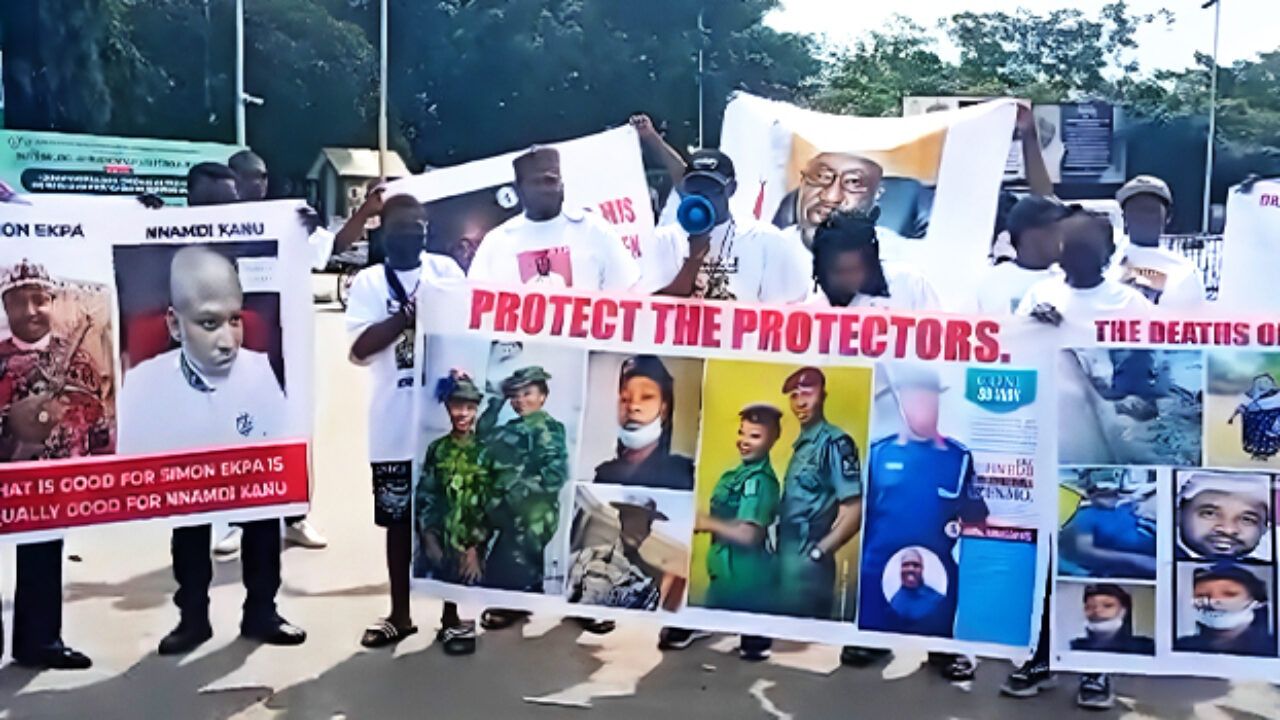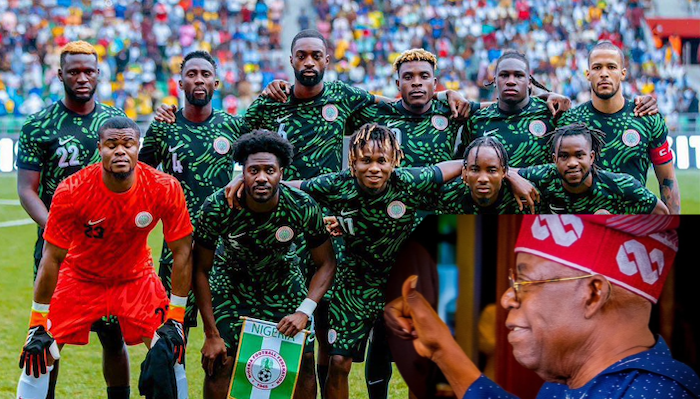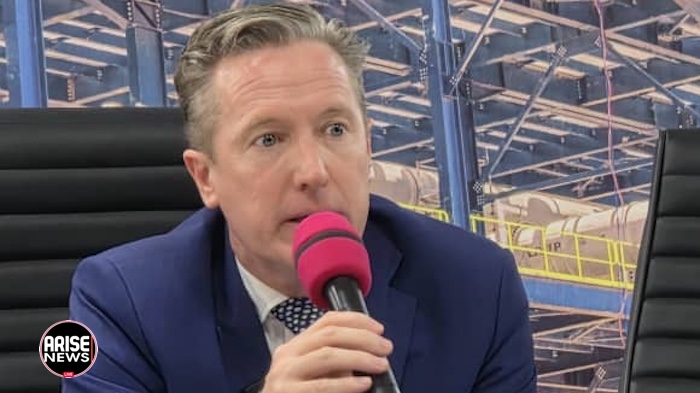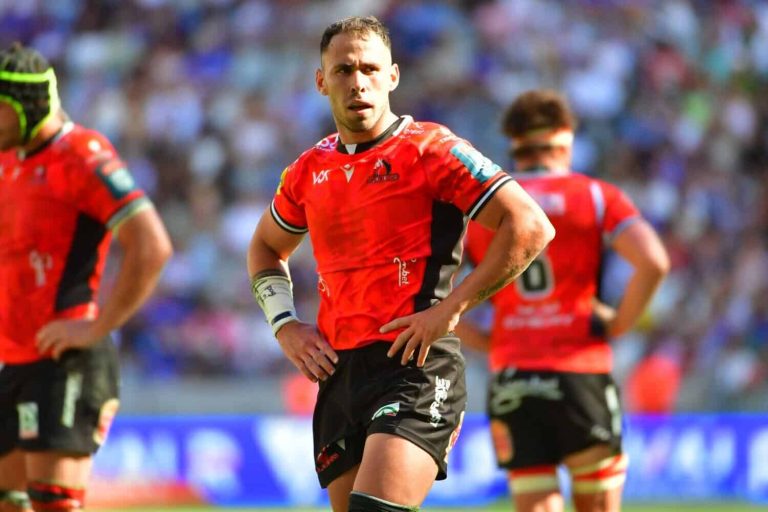
A group of protesters on Thursday stormed the National Assembly complex in Abuja, condemning the rising wave of insecurity in Nigeria’s South-East region and rejecting renewed calls for the release of Nnamdi Kanu, leader of the Indigenous People of Biafra (IPOB).
The demonstrators, clad in branded T-shirts and carrying placards bearing images of victims of attacks by gunmen in the region, urged President Bola Tinubu and the National Assembly not to succumb to political pressure to halt Kanu’s ongoing trial.
Chanting solidarity songs, the protesters accused those pushing for Kanu’s release of “ignoring the pain of victims of insecurity in the South-East.”
“We cannot talk about peace without justice for those killed and displaced by criminal attacks,” one protester said. “Releasing Nnamdi Kanu now would send the wrong message.”
Their demonstration comes amid mounting pressure from opposition figures and civil society groups demanding Kanu’s release.
Kanu, who has been in Department of State Services (DSS) custody since his arrest in Kenya and extradition to Nigeria in June 2021, is facing a seven-count terrorism charge before the Federal High Court, Abuja.
In October, former Vice President Atiku Abubakar described Kanu’s prolonged detention as “an open sore on our nation’s conscience,” calling for his immediate release or due prosecution.
“Defying court orders that granted him bail is an abuse of power and an assault on justice,” Atiku said, voicing support for activist Omoyele Sowore’s campaign for Kanu’s freedom.
However, in September, Justice James Omotosho of the Federal High Court rejected Kanu’s no-case submission, ruling that the prosecution had presented sufficient evidence linking him to terrorism-related activities.
The judge held that the prosecution’s witnesses and exhibits had established a prima facie case, requiring Kanu to enter his defence.
With the court expected to resume hearings later this month, Thursday’s protest highlights the deep divisions among Nigerians over Kanu’s fate and the broader question of how to restore peace and stability in the South-East.



